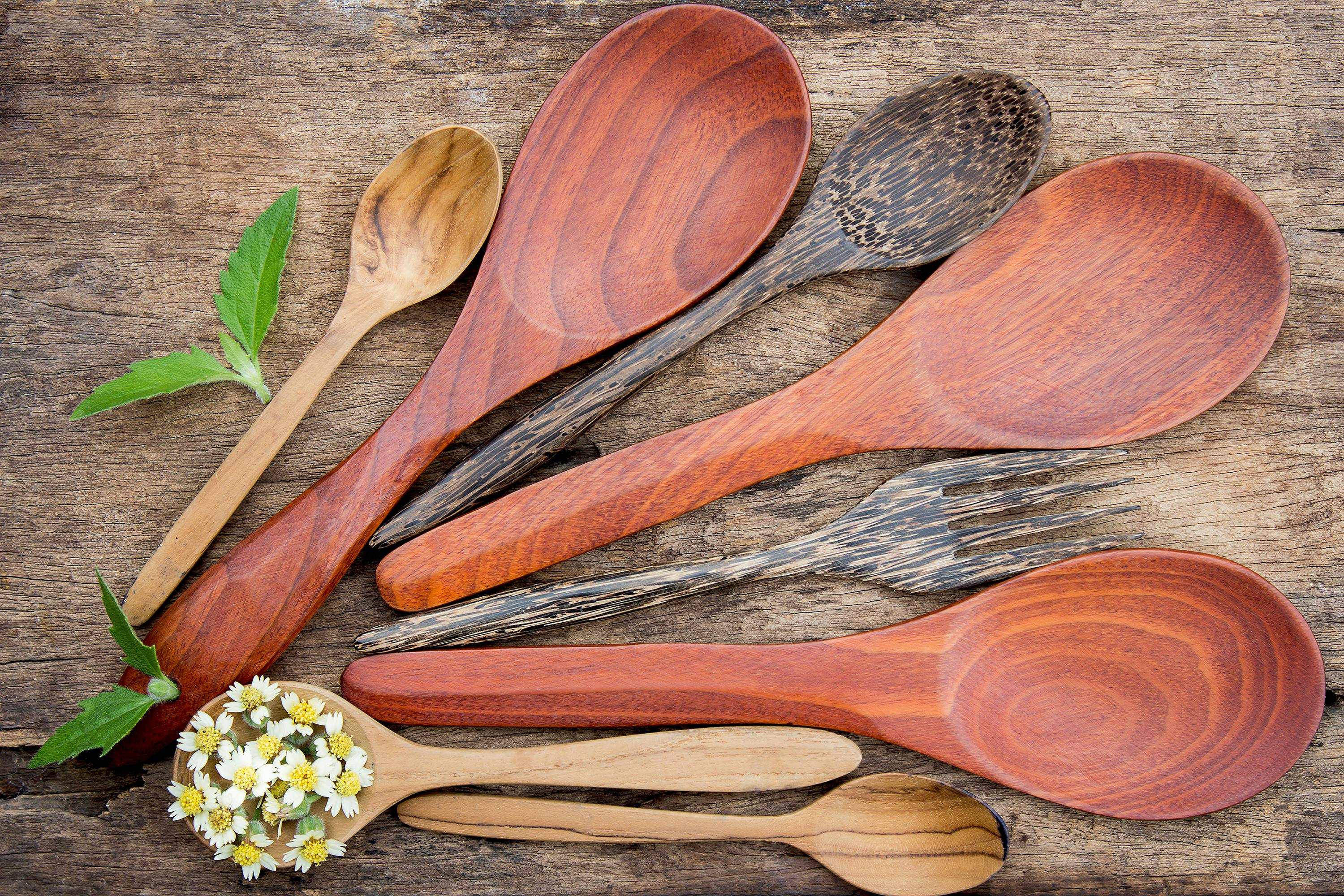
Vitamins for hair growth: understanding their characteristics and benefits
admin
- 0
If you want healthy, thick, beautiful hair, you really need to learn about the various hair growth vitamins that are available. These supplements are essential elements that can not only help promote shiny hair, but also boost hair growth.
There are many different hair care products such as shampoos, conditioners, gels, and serums that can incorporate these hair vitamins into the product. Although there is no scientific research that actually links vitamin hair care products to hair growth, there are plenty of people who use them and see a noticeable difference. In any case, using a vitamin or natural hair care product instead of products that use harsh chemicals will be much more helpful for the appearance and health of your hair. Therefore, it is important to research what is in the items you are currently using and possibly make changes to these products and replace them with products that may be healthier for your scalp.
It is also important to not only find these various vitamins in your hair care products, but to understand that they are even more essential in your diet and can be introduced and incorporated into your daily routine through the use of supplements or by choosing foods rich in these vitamins. vitamins.
So what are these vitamins?
The most important vitamins for hair growth are the B complexes. Since all B vitamins are water soluble and excreted in the urine, it is important that the B vitamins are regularly replenished with daily supplements or foods rich in this vitamin.
Since vitamin B is a complex vitamin and consists of several B’s, it is important to know which ones are most beneficial for healthy hair.
BIOTIN: Biotin is a coenzyme and a B vitamin, but is also known as vitamin H. Biotin plays an important role in DNA repair, gene regulation, and cell division, and since the cells that make up hair they replicate through a process of cell division called mitosis, it is easy to see why biotin is so important for hair growth. Biotin can be found naturally in many foods, including whole grains, liver, halibut, soybeans, walnuts, cabbage, cucumbers, cauliflower, and onions.
INOSITOL: Is a cell membrane stabilizer and antioxidant that may have a protective effect on hair follicles, although inositol deficiencies are rare due to the fact that our own bodies can produce this compound through bacteria in the intestines. There is some research to suggest that consuming large amounts of caffeine can cause a shortage of inositol in the body, so if you are a heavy coffee drinker or consume a lot of energy drinks, you may want to increase your inositol. Inositol can be found in nuts, oatmeal, rice, beans, chickpeas, liver, pork, beef, and whole grains.
NIACIN: Also known as vitamin B3, nicotinic acid, and vitamin PP, it is effective in improving circulation and lowering blood cholesterol levels. Some research has suggested that because niacin has a dilating effect on blood vessels and capillaries, causing better circulation to the scalp, it will help stimulate hair growth. It has also been suggested that since niacin lowers cholesterol, it may help reduce DHT production in hair follicles. Excellent sources of niacin can be found in asparagus, kale, tuna, halibut, salmon, eggs, chicken and turkey breast, and almonds.
PANTOTHENIC ACID (Vitamin B5): Helps lower bad cholesterol, while at the same time increasing HDL (“good”) cholesterol levels. It also helps maintain healthy skin and postpone the appearance of the first signs of aging. It also has an important role in preventing gray hair because it plays a role in hair pigmentation. Food sources include liver, kidneys, whole grains, and brewer’s yeast. In addition to the oral vitamin, there is PANTHENOL, which is the topical derivative of pantothenic acid usually found in hair care products. Panthenol is useful for hair due to its coating and moisturizing properties. The coating makes the hair shiny and less prone to breakage, while the moisturizing properties help keep the hair smooth and keep moisture in the hair shaft, making it look fuller or thicker.
VITAMIN B6: Also called pyridoxine, it is helpful for hair growth because it promotes inositol (see above), it also helps with red blood cell metabolism, which then increases oxygen in the body and helps stimulate hair growth . Some research has suggested that B6 has been shown to inhibit DHT creation and androgen receptor activity, although the research was not specific to hair loss. Vitamin B6 can be found in chickpeas, yellowfin tuna, beef, turkey, brown rice, and potatoes.
VITAMIN B12: Also called cobalamin, it is involved in the metabolism of every cell in the human body, it is used in the formation of DNA and in the creation of red blood cells that help provide oxygen to the body. Better oxygen helps promote not only health, but also healthy skin and hair. Vitamin B12 is most commonly found in meats such as beef, but other sources, though not in as high a concentration as animal products, include clams, Swiss cheese, yogurt, and milk.
Apart from B-complexes, the following are also helpful for hair growth or just hair health.
VITAMIN E: It is a fat-soluble vitamin, which means that your body stores it in its fat reserves. Therefore, unlike B vitamins, they are not excreted by the body, but stored, so it is important to get the correct dose to avoid potential toxic effects. The recommended dose for adults is 15 mg (22.4 IU), it can be taken in higher doses, but it is suggested to consult a doctor before doing so. Vitamin E is known as the solution to all vitamins in recent years due to its powerful antioxidant properties that fight free radicals that can damage cells in the body. It is also known to stimulate blood circulation, which can help increase the amount of nutrients for the hair follicles. Excellent sources of this vitamin include wheat germ oil, safflower oil, soybean oil, almonds, peanuts, spinach and kiwi.
Vitamin A: Also a fat soluble vitamin is also stored by the body and can be toxic. Although vitamin A is good for hair growth at toxic levels, it can have the opposite effect and cause hair loss, so it’s important to take the right amount and not overdo it. When taken within the suggested dosage, it is very helpful for the hair follicles as it can help keep the hair roots lubricated. The recommended dosages for adults are 5,000 IU per day for men and 4,000 IU per day for women. Natural food sources include carrots, sweet potatoes, broccoli, spinach, oatmeal, tomato juice, apples, cheddar cheese, tuna, beef, and nuts.
Remember, vitamins, while beneficial, can also cause problems when taken with certain medications, so it’s a good idea to consult your doctor before beginning any vitamin program.

